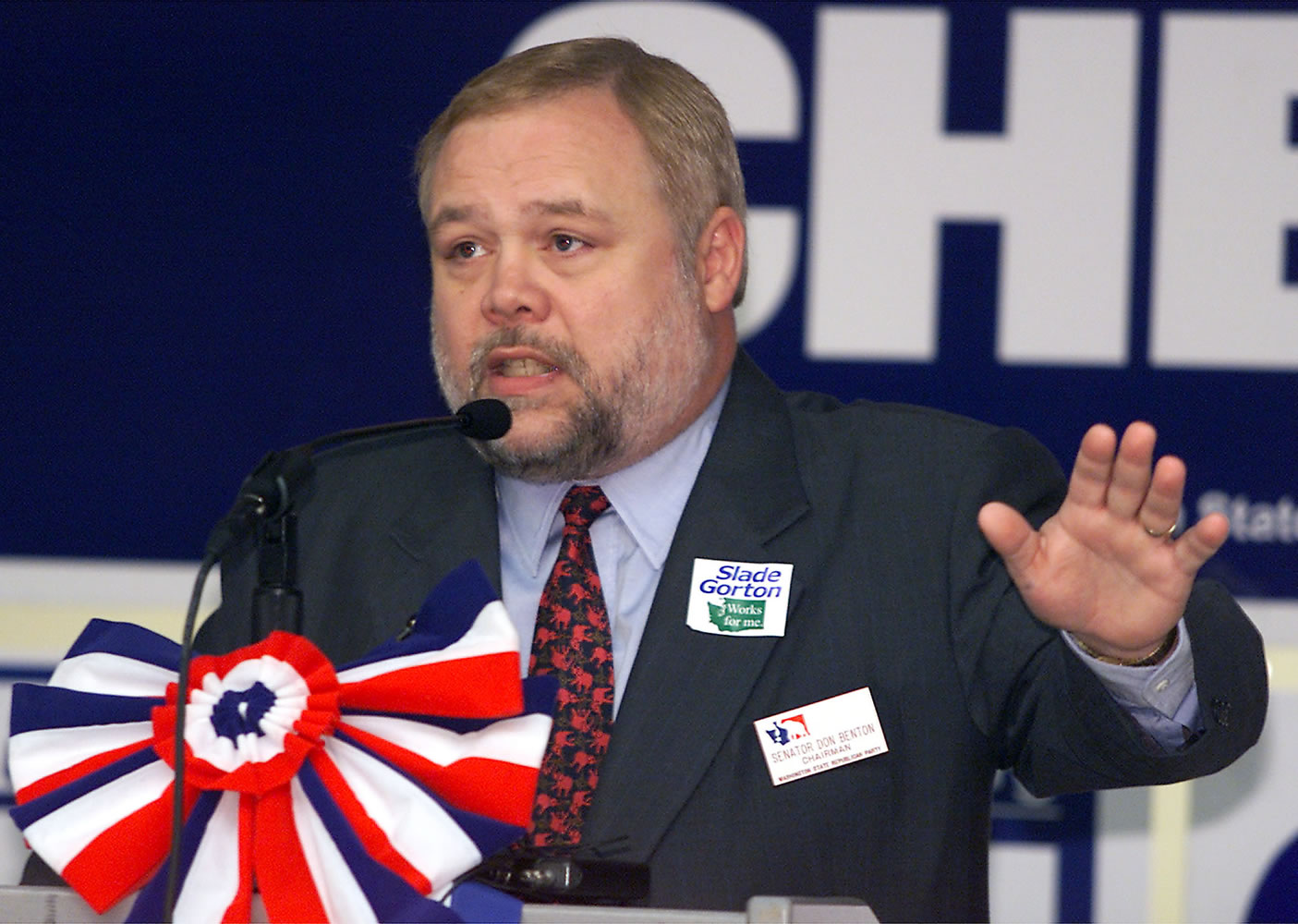Don Benton traded on his experience managing his own company to land a top job in local government.
But it’s difficult to say just how much managing he did there. The company’s main employees appear to be Benton and his wife. Not only that, the company’s biggest disclosed client is Benton’s Senate campaign.
Benton, a five-term state senator, has declined to list his company’s clients on financial disclosure forms, despite state laws that apparently require him to do so. Campaign expenditure reports, however, show Benton’s 2012 campaign for state Senate funneled $100,000 in advertising payments through the company.
Benton’s private-sector experience escaped scrutiny when Clark County Commissioners David Madore and Tom Mielke appointed the fellow Republican politician three months after forcing out the previous department director.



